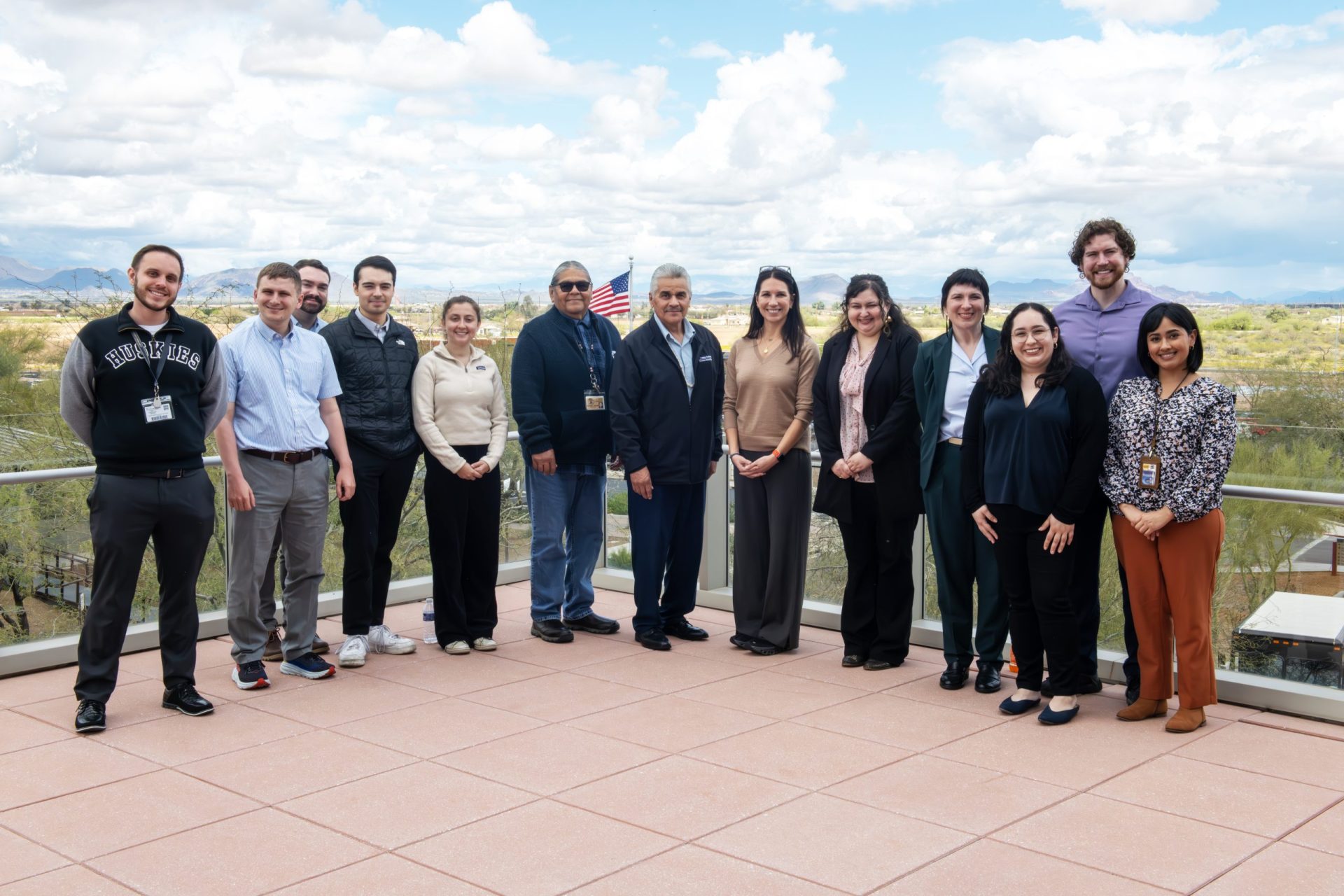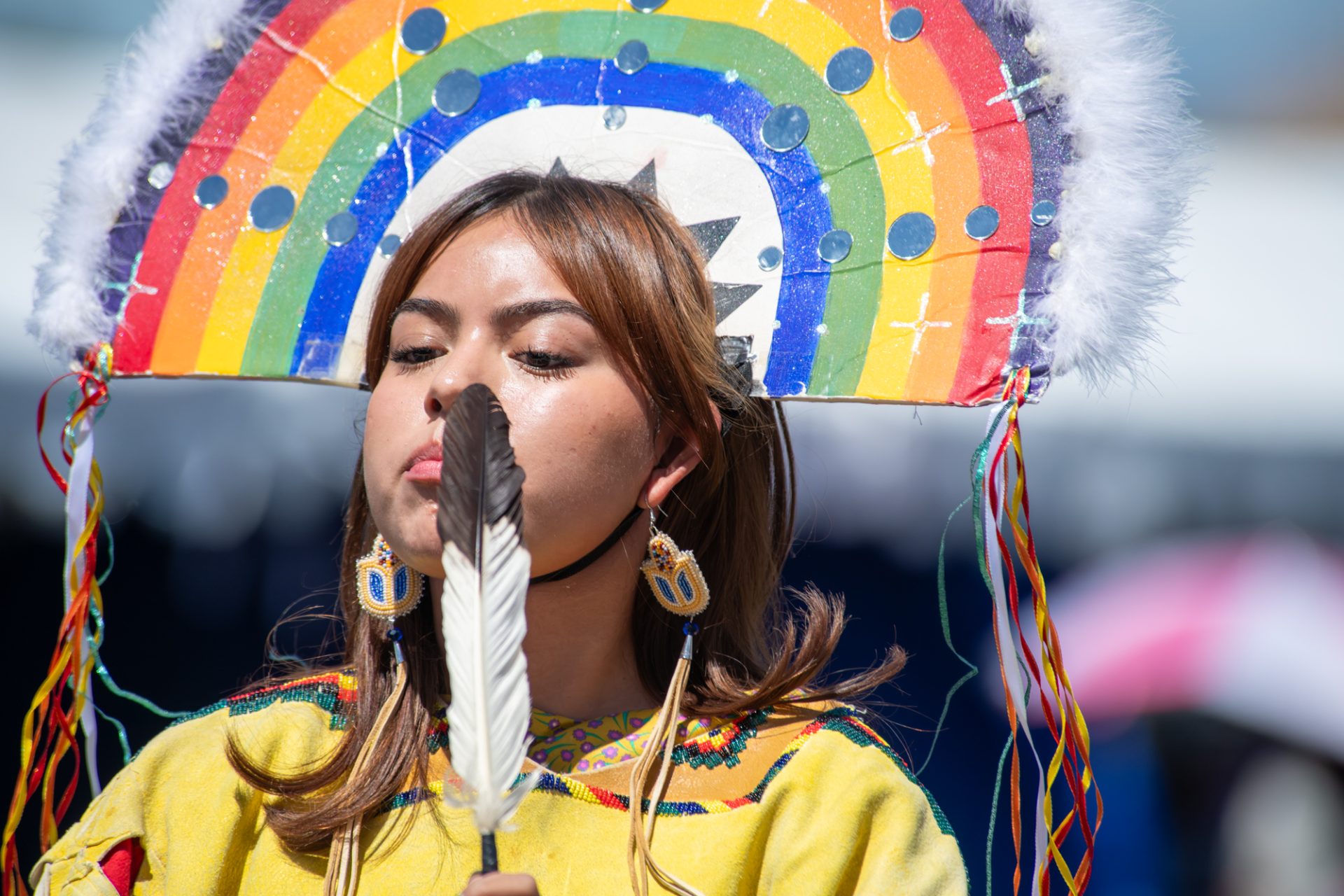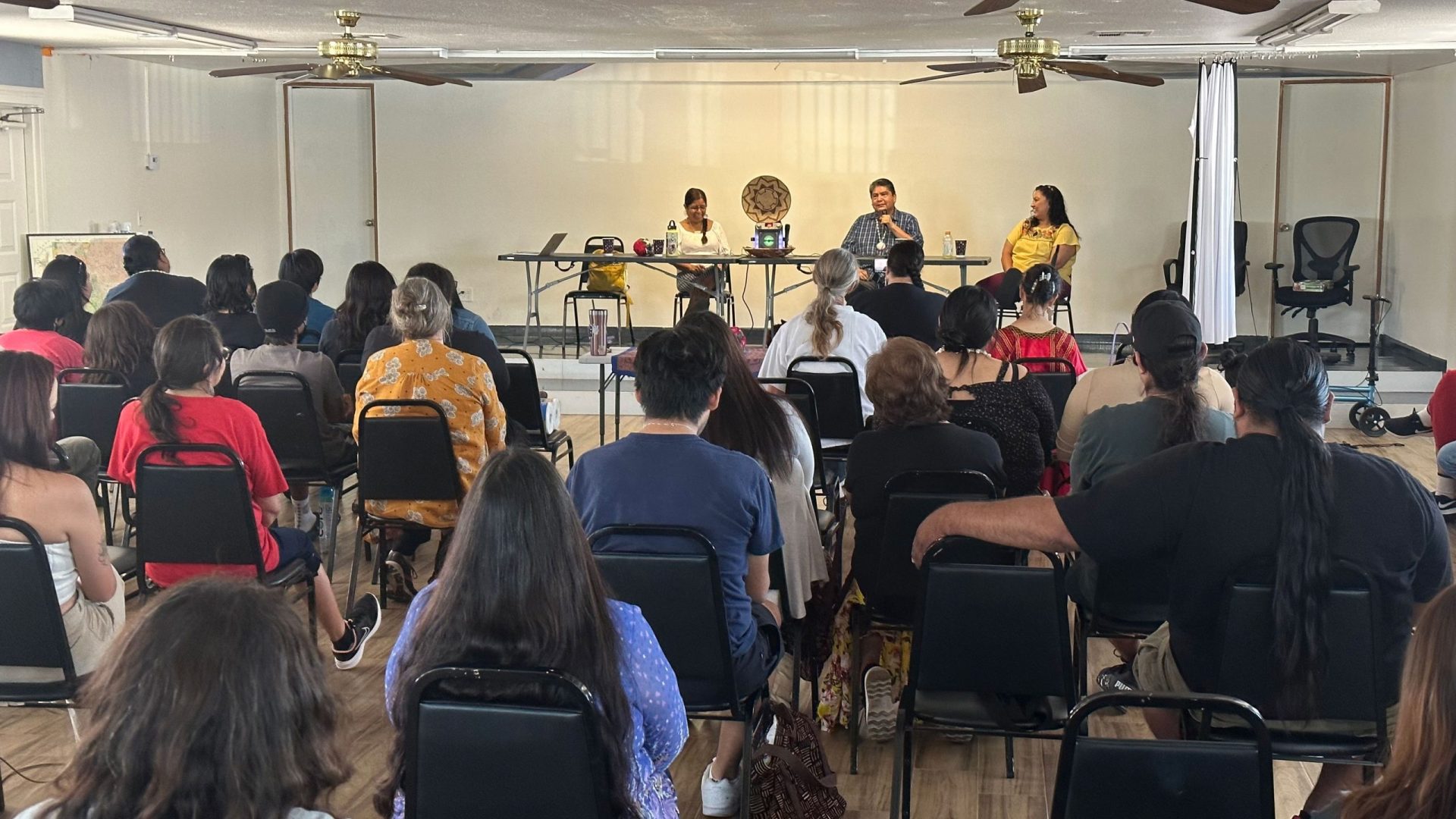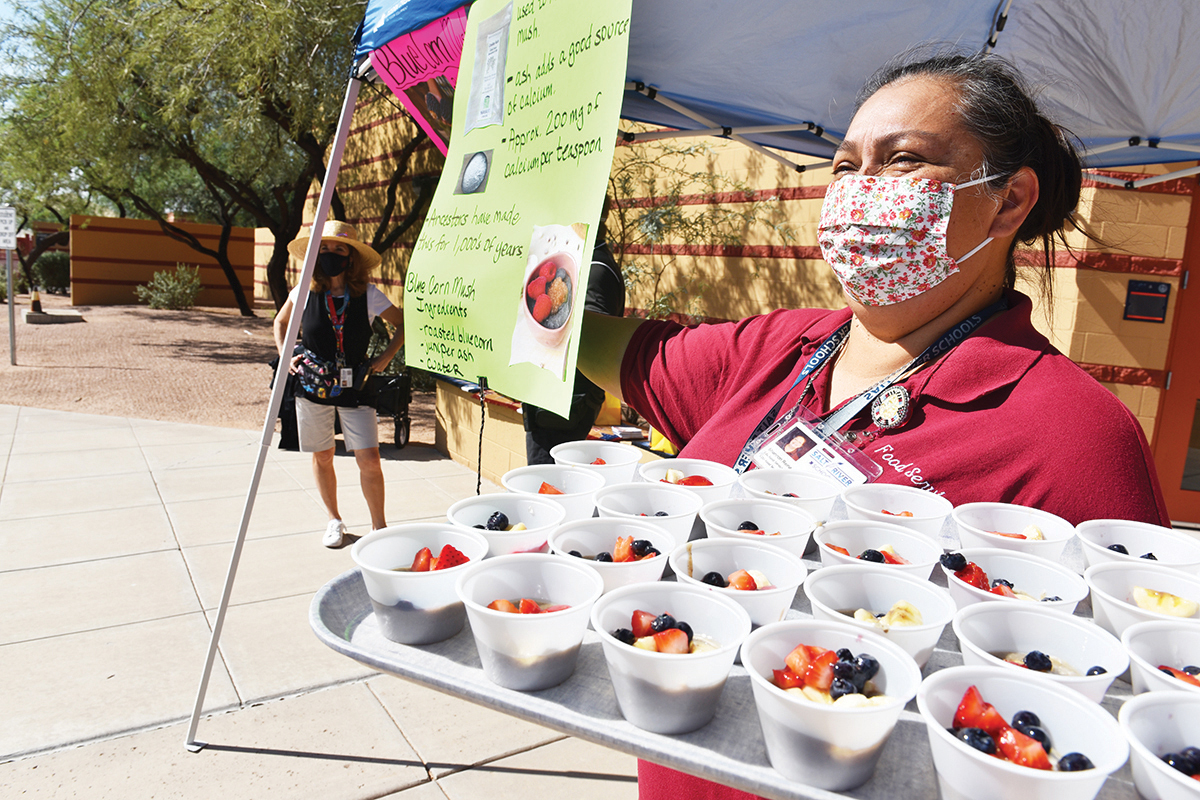VIEWS: 2194
May 2, 2024University of Washington School of Law Students Visit SRPMIC
The Salt River Pima-Maricopa Indian Community Legal Services Office hosted staff members and eight law students from the University of Washington School of Law Native American Law Center (NALC)’s Tribal Court Public Defense Clinic on April 1 to share ideas and learn about how certain SRPMIC government services and departments operate.
The clinic provides public defender services in two different tribal courts in the Pacific Northwest: criminal public defense in the Tulalip Tribal Court and family defense for the Muckleshoot Tribal Court, working to help reunify families that have been separated due to allegations of abuse or neglect.
UW Tribal Clinic students are in their second or third year of law school and hope to practice in some capacity in Native American communities.
Stacey Lara, assistant teaching professor at the university, said that the focus of the Public Defense Clinic is to strengthen tribal justice systems and ultimately strengthen tribal sovereignty.
“We find that many law schools focus on state and federal law, [but] there is a third sovereign, and that is the tribes,” said Lara. “And so, in seeking to enrich the students’ understanding of tribal sovereignty and being prepared to work in tribal communities, we have a comparative approach to some of what we do.”
Lara continued, “Learning about how tribes have prioritized the reassumption of jurisdiction in certain areas of law, and how they employ resources in those justice systems is why we’re here. We are grateful to the SRPMIC for hosting us.”
Beginning their visit at the SRPMIC Legal Services Office, the UW Tribal Clinic representatives were greeted by Legal Services advocates and attorneys and talked about their backgrounds and areas of interest, such as decolonization, advocacy for Indigenous peoples who reside along the U.S.-Mexico border, family law, disability law, marginalized groups within marginalized groups and environmental law, among others.
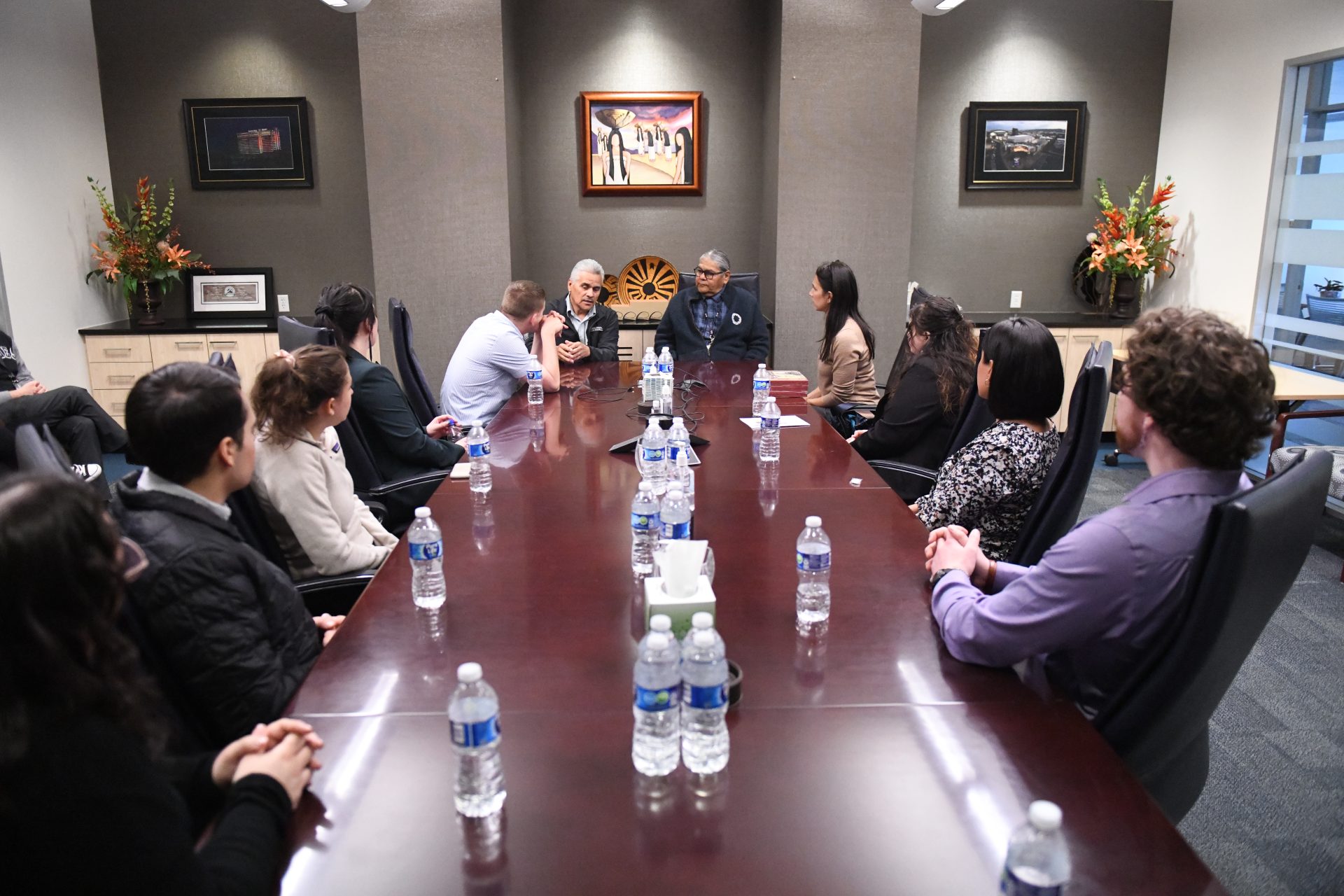
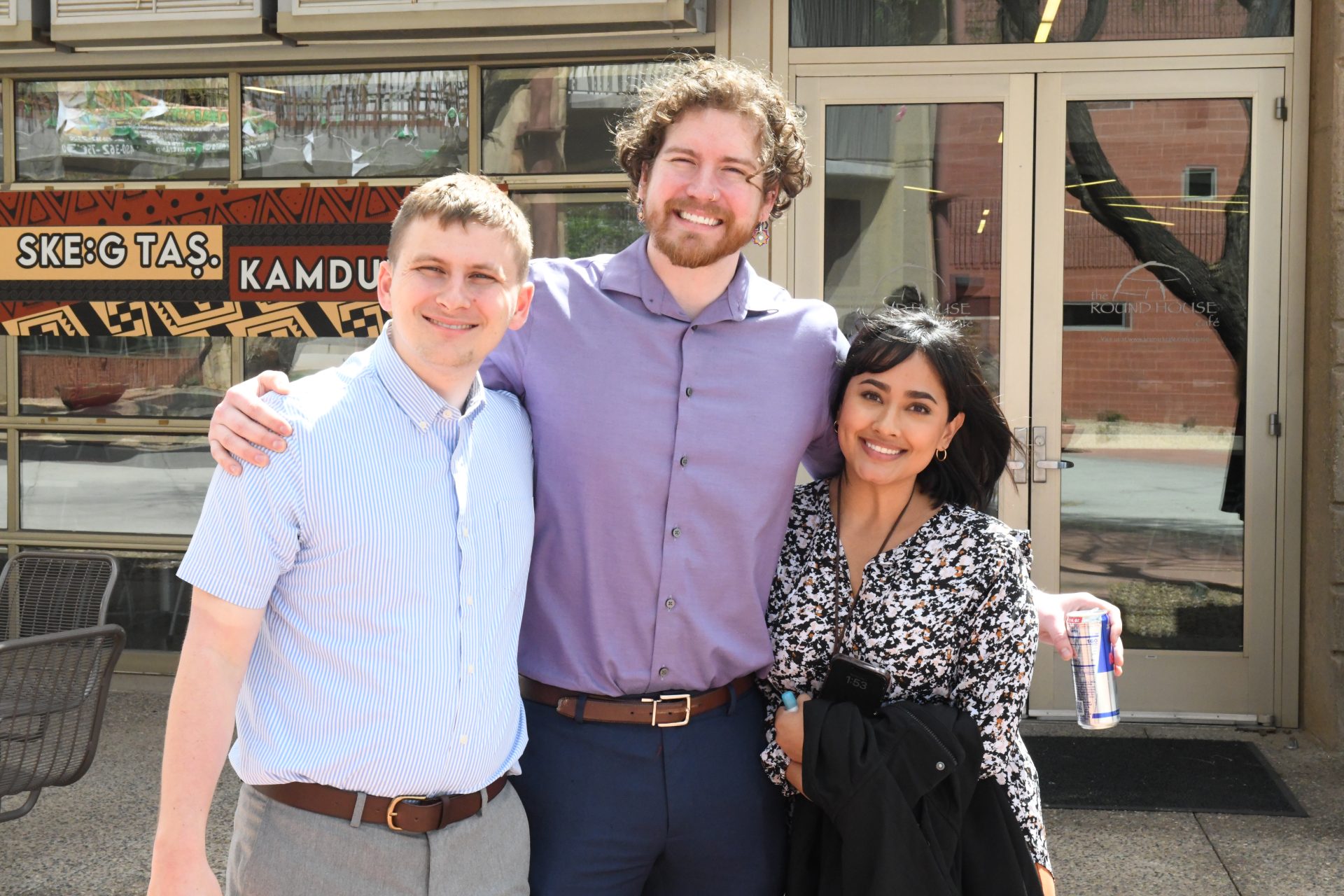
The group spent about an hour observing morning arraignment hearings at the SRPMIC Tribal Court, which gave them a firsthand look at not only how lawyers and public defenders interact with the Community members being arraigned, but also how each nuanced situation is handled with care and respect for cultural issues and the general well-being of all involved.
During one of the arraignment hearings, a private matter needed to be discussed in the courtroom, so loud “white noise” was played over the intercom so those in attendance couldn’t hear the details.
After the Court sessions, the group headed over to the SRPMIC Department of Corrections for a tour before meeting with President Martin Harvier and Vice-President Ricardo Leonard at Two Waters.
In a gift exchange, UW Tribal Clinic representatives presented SRPMIC leadership with some small-batch smoked wild and sustainably caught salmon from the Pacific Northwest.
The Defense Advocates Office met with the group as well, which Lara said was particularly impactful for the students.
The group finished their visit by driving around the Community to see the different enterprises and the Huhugam Ki: Museum. Their last stop was the USS Arizona Memorial.
Upon leaving the Community, the group was scheduled to visit the Hopi Tribe and the Navajo Nation.

